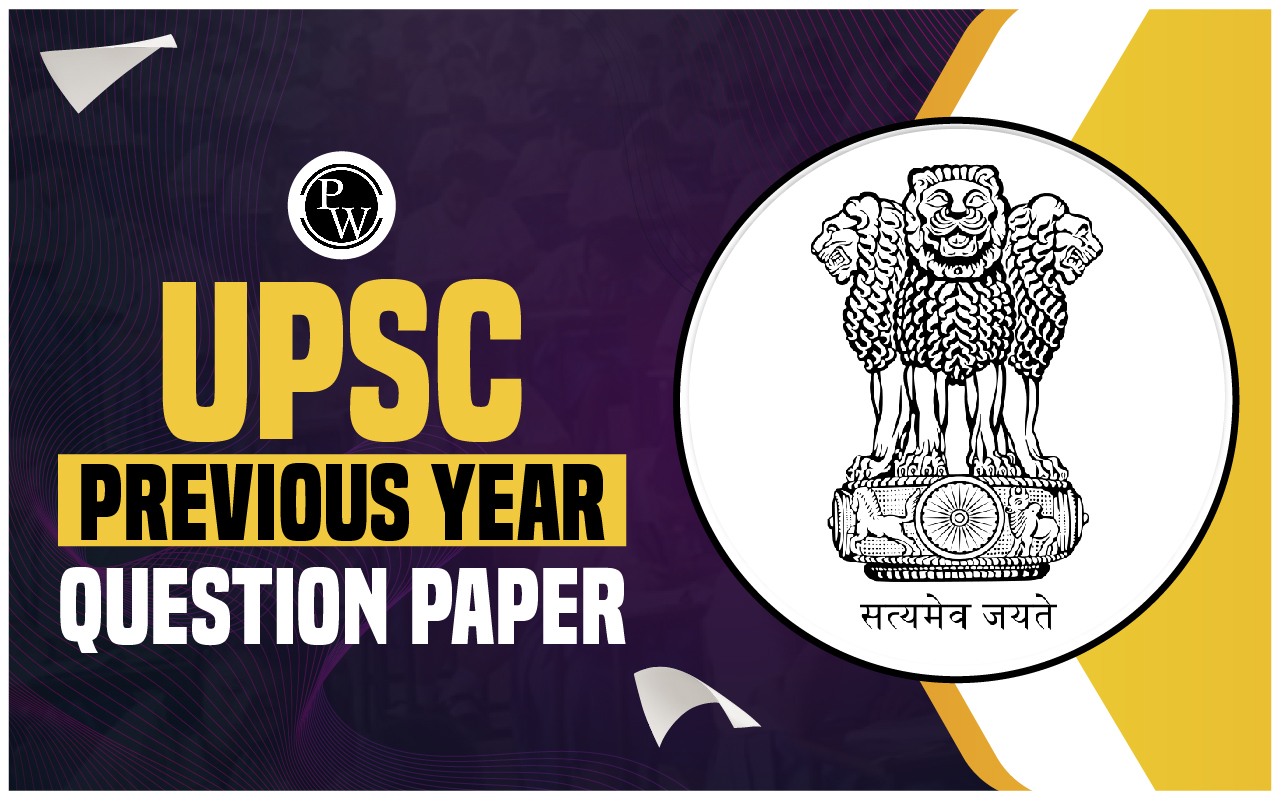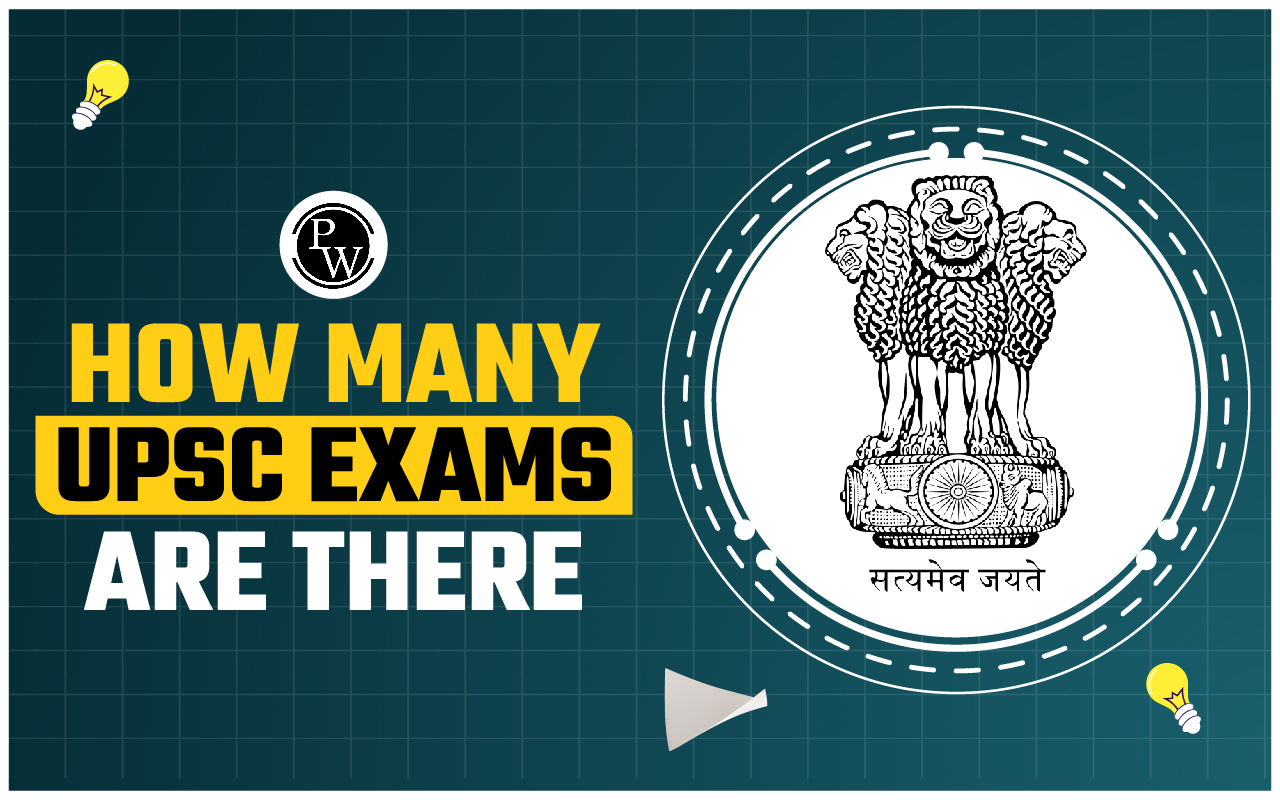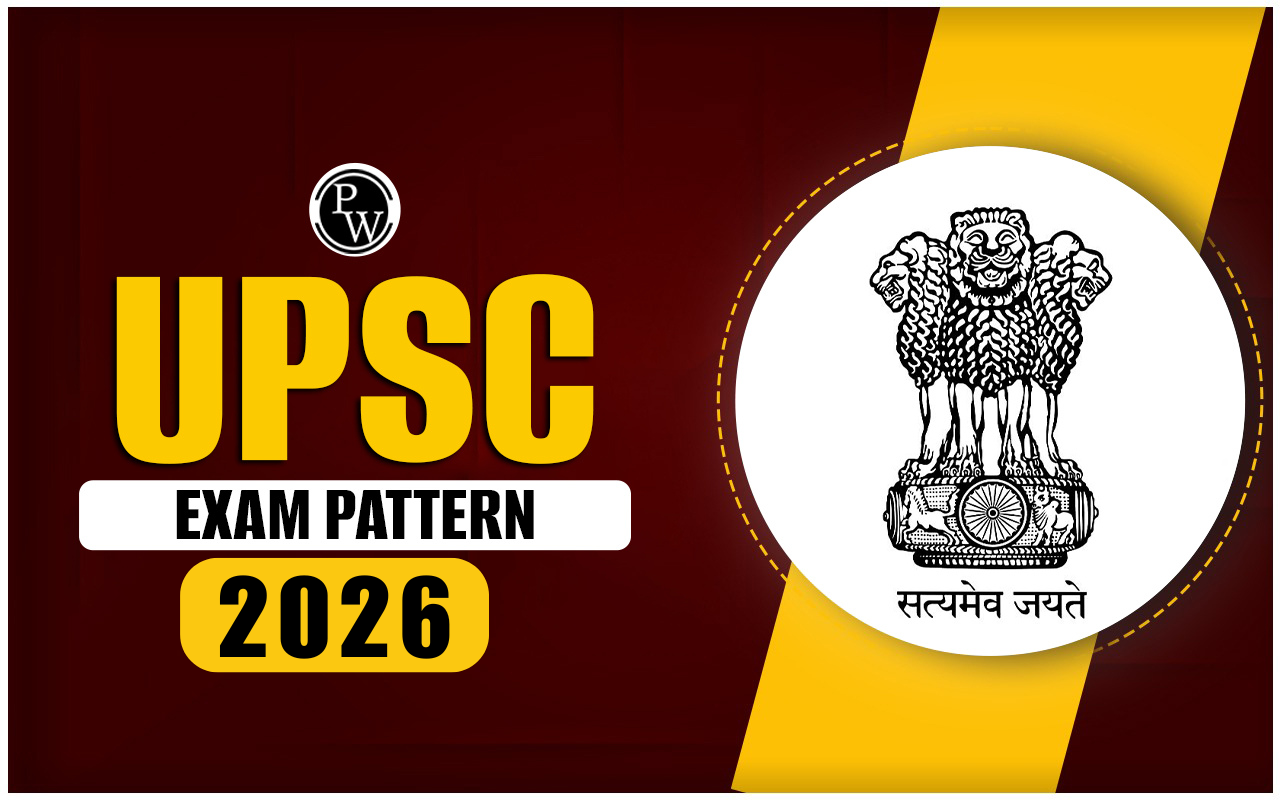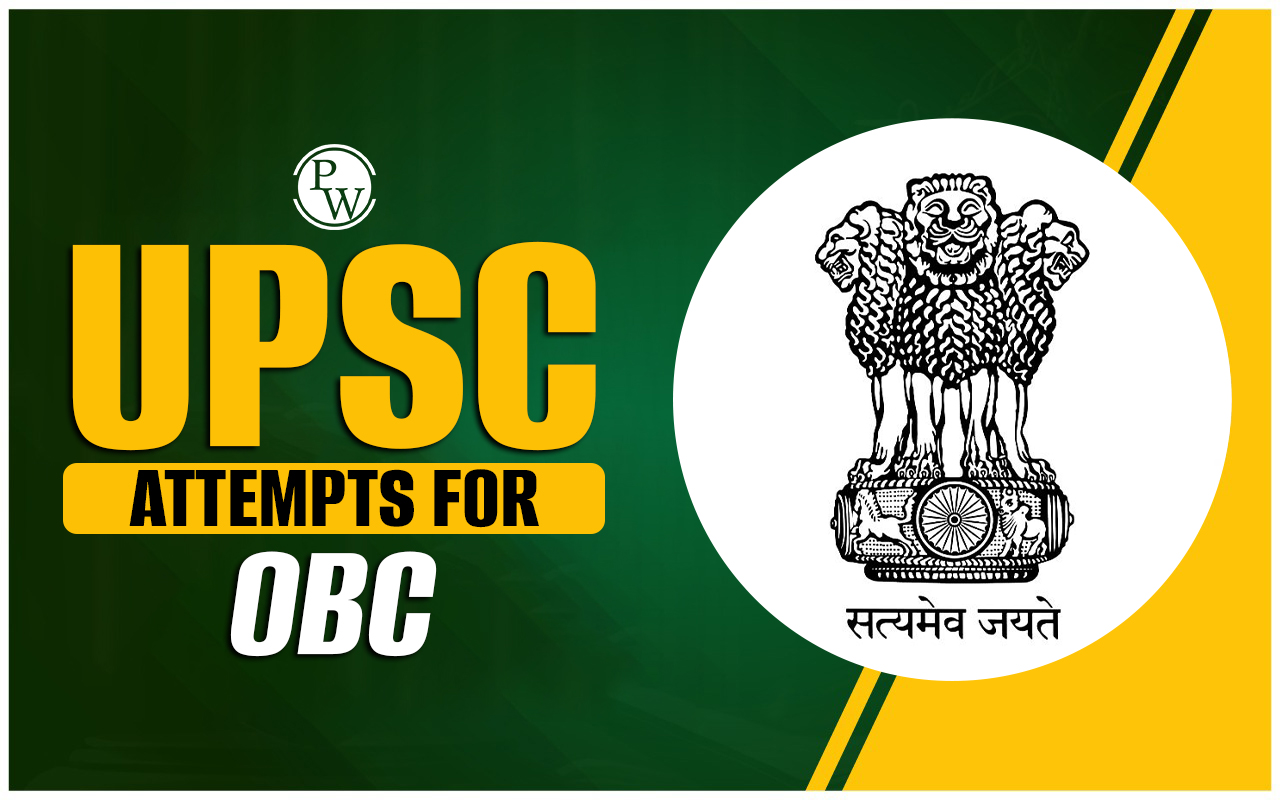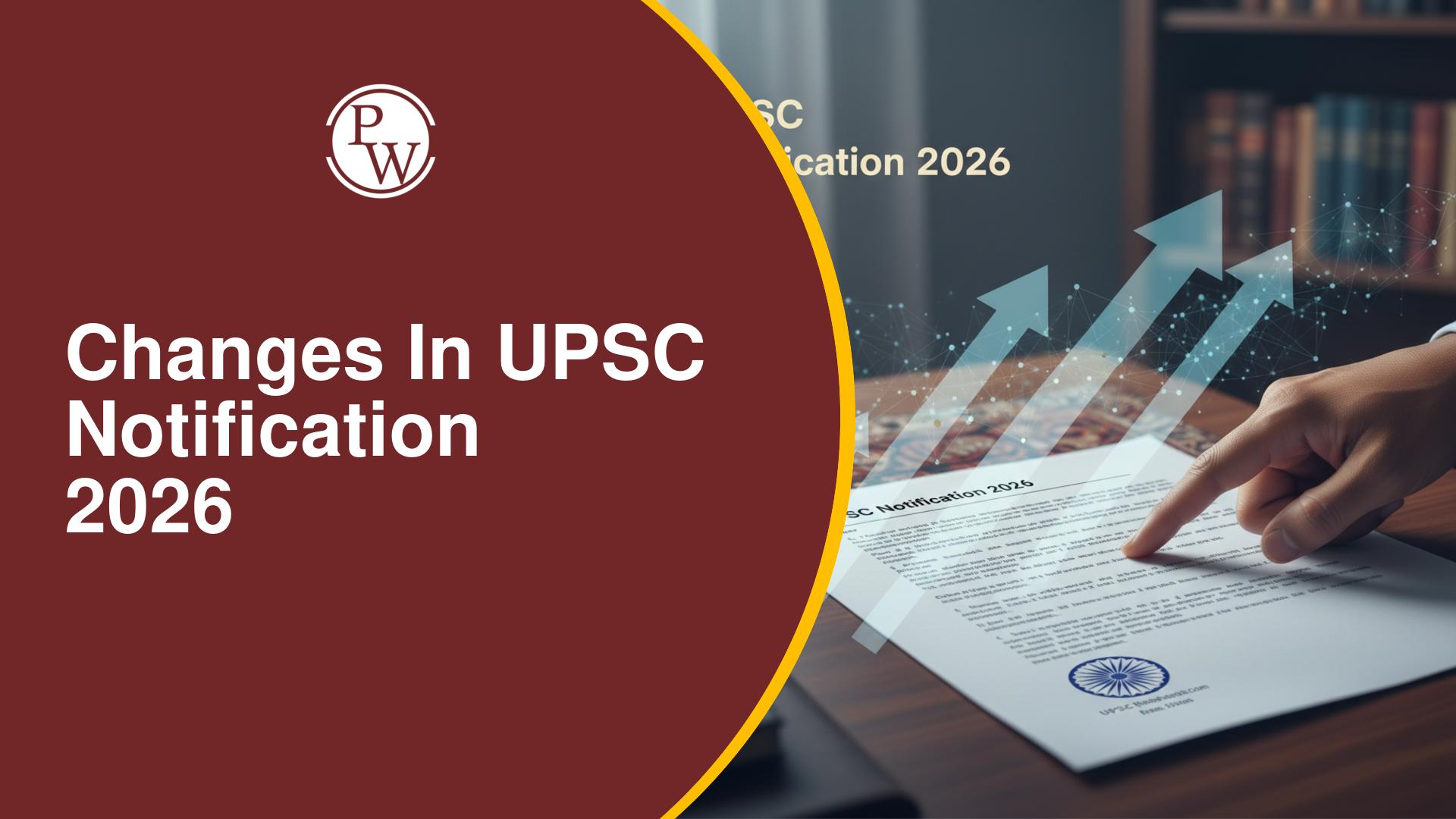
QUAD Summit in India : The next Quad Leaders’ Summit is set to take place in India in 2024, though the exact dates are yet to be determined. Quad, comprising India, Australia, Japan, and the USA, is dedicated to maintaining a free, open, and inclusive Indo-Pacific.
However, On July 29, 2024, the Quad Foreign Ministers from Japan, Australia, India, and the United States held a press conference in Tokyo. Minister Kamikawa of Japan opened the conference, highlighting the deepened cooperation and strategic dialogue among the Quad nations on regional issues.QUAD Summit in India
The Quad Summit 2024 will be hosted by India, but the dates are yet to be decided. Quad Summit in India marking a significant event in global geopolitics. The Quadrilateral Security Dialogue (QSD), commonly known as the Quad, is a diplomatic partnership between India, Australia, Japan, and the USA, committed to upholding a free, open, and inclusive Indo-Pacific region. The upcoming summit will address various priorities of Indo-Pacific countries , including climate change, critical and emerging technologies, infrastructure and connectivity, health, humanitarian assistance and disaster relief, maritime security, and counterterrorism.QUAD Summit in India Latest News
US President Joe Biden is committed to Attending QUAD Summit - The White House on Thursday said that US President Joe Biden, who is no longer running for the 2024 race, is committed to attending the QUAD Summit in India . " We're still committed to there being a Quad leader summit this year, but there's nothing on the calendar right now for it ," he said. Quad Foreign Ministers Meeting 2024 - India’s External Affairs Minister Dr S. Jaishankar attended the QUAD Foreign Ministers’ meeting on Jul 29, 2024, in Tokyo, Japan. He emphasized the importance of trusted partnerships and international cooperation in addressing current challenges related to stability, security, progress, and prosperity .
Key Highlights of Quad Foreign Ministers’ Meeting 2024 Tokyo JapanThe Quad Foreign Ministers’ Meeting held on July 29, 2024, in Tokyo underscored several key commitments and initiatives aimed at strengthening the Indo-Pacific region. Here are the main points:
|
What is QUAD?
The Quad is a diplomatic partnership of four countries: Australia, India, Japan, and the United States committed to supporting an open, stable, and prosperous Indo-Pacific that is inclusive and resilient. The objective behind the QUAD group is the initiative for strategic and significant sea routes in the Indo-Pacific region to be free from any influence Through the Quad, all four countries are supporting the region through practical cooperation on challenges such as maritime security, critical and emerging technologies, cyber security, humanitarian assistance and disaster relief, health security, climate change, counterterrorism, infrastructure and connectivity, and addressing the debt crisis through sustainable, transparent and fair lending and financing practices.What is the full Form of QUAD?
The QUAD Summit refers to the meeting of the "Quadrilateral Security Dialogue" (Quad). The QUAD is a strategic forum that includes four nations: the United States, India, Japan, and Australia. The main purpose of the Quad is to ensure and promote a free, open, and inclusive Indo-Pacific region, based on shared democratic values and principles.Important Facts about the QUAD
The Quad Summit is a meeting of the Quadrilateral Security Dialogue (Quad), a strategic forum comprising four nations. Here are some key facts about Quad that must be known to aspirants:|
Important Facts about the QUAD |
|
| Aspect | Details |
| Members | Australia, India, Japan, and the United States |
| Purpose | Support an open, stable, and prosperous Indo-Pacific region. |
| Focus Areas | Health security, climate change, infrastructure, critical and emerging technology, cyber security, humanitarian assistance, disaster relief, space, maritime security, countering disinformation, counter-terrorism |
| Origins | Collaboration in response to the December 2004 Indian Ocean tsunami |
| Nature | Diplomatic partnership, not a security partnership |
| Annual Meetings | Quad Leaders' Summit, Foreign Ministers' Meetings |
| Recent Leaders' Summits | 20 May 2023 (Hiroshima), 24 May 2022 (Tokyo), 4 March 2022 (virtual), 24 September 2021 (Washington), 12 March 2021 (virtual) |
| Recent Foreign Ministers' Meetings | 29 July 2024 (Tokyo), 22 September 2023 (New York), 3 March 2023 (New Delhi), 23 September 2022 (New York) |
| Key Initiatives | Clean Energy Supply Chains, Health Security Partnership, Cable Connectivity and Resilience, Infrastructure Fellowships Program, Open RAN deployment in the Pacific |
| ASEAN Engagement | Supports ASEAN centrality and ASEAN-led regional architecture |
| Indian Ocean Cooperation | Engages through the Indian Ocean Rim Association |
| Vision Statement | Released on 20 May 2023, setting out a shared vision for the region and the future of the Quad |
| Joint Military Exercise | Malabar (naval exercise) |
Attempt UPSC 2020 PYQ on Quad Summit: Quadrilateral Security Dialogue (QUAD) is transforming itself into a trade bloc from a military alliance, in present time – Discuss. [250 Words, 15 Marks]
QUAD Summit History and Timeline
Here is an overview of the entire timeline of the Quad Summit. Check out all events for deep understanding.2004 Indian Ocean Tsunami
- The idea of the Quad emerged from the collaborative relief efforts of the United States, India, Japan, and Australia following the devastating Indian Ocean tsunami in 2004. This cooperation laid the groundwork for future collaboration on regional security and humanitarian issues.
Formalization and Initial Meetings (2007)
- The Quad was formally initiated in 2007 by Japanese Prime Minister Shinzo Abe, along with the then Vice President of the United States Dick Cheney, Indian Prime Minister Manmohan Singh, and Australian Prime Minister John Howard. The group met on the sidelines of the ASEAN Regional Forum in Manila.
- The initial enthusiasm faced a setback when Australia, under Prime Minister Kevin Rudd, withdrew from the dialogue in 2008, due to concerns about China's reaction.
Revival in 2017
- The Quad was revived in 2017, driven by renewed concerns over China's assertive policies in the Indo-Pacific region. Officials from the four countries met in Manila on the sidelines of the ASEAN and East Asia Summits to discuss strategic issues and reaffirm their commitment to a free and open Indo-Pacific
Ministerial and Leaders’ Meetings (2019-2020)
- In September 2019, the Quad held its first formal ministerial-level meeting in New York City. The ministers discussed the vision for a free and open Indo-Pacific and coordinated efforts on issues like maritime security, counter-terrorism, and regional connectivity.
- The first-ever Quad Leaders' Summit was held virtually in March 2021, marking a significant elevation in the Quad's stature. The leaders discussed critical and emerging technologies, climate change, and the COVID-19 pandemic.
In-Person Summits and Strategic Cooperation
- The second in-person Quad Leaders' Summit was held in Washington, D.C., in September 2021. It underscored the Quad's commitment to democratic values and discussed areas of cooperation such as vaccine distribution, infrastructure development, and technological innovation
- Subsequent meetings have continued to deepen collaboration on strategic issues, including maritime security, counter-terrorism, and resilient supply chains. The Quad nations have consistently emphasized the importance of a rules-based international order.
Recent Developments and Future Prospects
- The Quad's latest meetings have focused on expanding cooperation in new areas such as cyber security, space technology, and climate change. Initiatives like the Quad Vaccine Partnership and the Quad Fellowship program have been launched to address global challenges and foster people-to-people ties.
- The Quad Summit 2024, hosted by India, is expected to further consolidate these efforts and chart new paths for cooperation in the Indo-Pacific
QUAD Summit 2024 in India Objectives
Regional Security : The Quad Summit aims to enhance maritime domain awareness and ensure freedom of navigation in the Indo-Pacific. This includes countering illegal fishing and maritime threats and strengthening defence cooperation through joint military exercises and technology sharing. Economic Cooperation : The summit focuses on promoting trade and investment among member countries to increase economic resilience. It also supports infrastructure development projects to enhance regional connectivity. Technological Collaboration : Quad nations collaborate on emerging technologies like 5G, AI, and cybersecurity. This includes joint research, setting international standards, and improving digital infrastructure and connectivity. Climate Change and Sustainability : Addressing climate change through reducing carbon emissions and promoting renewable energy is a key objective. The Quad also aims to strengthen regional disaster resilience and coordinate disaster relief efforts.Importance of India in the QUAD 2024
- India's geographic location in the Indian Ocean region is crucial for maintaining maritime security and ensuring freedom of navigation in the Indo-Pacific. It serves as a strategic counterbalance to China’s growing influence in the region.
- India is a significant economic power with a rapidly growing economy. Its participation in the Quad enhances economic cooperation, trade, and investment opportunities among the member countries.
- India's robust defence capabilities and its experience in dealing with regional security challenges contribute significantly to the Quad's objectives of ensuring a stable and secure Indo-Pacific region.
Why is the Quad Summit 2024 Being Hosted in India?
- Hosting the Quad Summit in 2024 highlights India’s leadership role and commitment to the Quad's objectives. It provides India with an opportunity to shape its strategic agenda and reinforce its importance in the Indo-Pacific region.
- By hosting the summit, India aims to strengthen diplomatic and strategic ties with the United States, Japan, and Australia. This enhances bilateral and multilateral cooperation on various global and regional issues.
- Hosting the summit demonstrates India's commitment to the Quad and its objectives, showcasing its willingness to take on a proactive role in addressing regional challenges and promoting stability.
- The summit provides a platform for high-level dialogue among the member nations to discuss and coordinate on critical issues such as maritime security, economic cooperation, technological collaboration, and climate change.
| UPSC Related Articles | ||
| UPSC Mains Subjects | IAS Officer After 12th | Newspaper for UPSC Exam |
| UPSC Mains Syllabus | Pratigya Diwas 2024 | UPSC Prelims |
QUAD Summit in India FAQs
Where is the headquarters of Quad countries?
The Quad does not have a centralized headquarters. It is a strategic forum consisting of the United States, India, Japan, and Australia, with diplomatic and strategic discussions taking place in various locations.
Which country will host the Quad Summit in 2024?
India will host the Quad Summit in 2024, the date and venue will be announced soon.
What is the venue for the Quad Summit 2024?
The specific venue for the Quad Summit 2024 in India has not been confirmed yet.
How many countries are in the Quad?
There are four countries in the Quad: the United States, India, Japan, and Australia.
What are the 4 pillars of the Quad?
The four pillars of the Quad are:
Regional Security: Enhancing maritime security and defense cooperation, Economic Cooperation: Promoting trade, investment, and infrastructure development, Technological Collaboration: Advancing cooperation in emerging technologies like 5G, AI, and cybersecurity, Climate Change and Sustainability: Addressing climate change, disaster resilience, and promoting renewable energy
Talk to a counsellorHave doubts? Our support team will be happy to assist you!

Check out these Related Articles
Free Learning Resources
PW Books
Notes (Class 10-12)
PW Study Materials
Notes (Class 6-9)
Ncert Solutions
Govt Exams
Class 6th to 12th Online Courses
Govt Job Exams Courses
UPSC Coaching
Defence Exam Coaching
Gate Exam Coaching
Other Exams
Know about Physics Wallah
Physics Wallah is an Indian edtech platform that provides accessible & comprehensive learning experiences to students from Class 6th to postgraduate level. We also provide extensive NCERT solutions, sample paper, NEET, JEE Mains, BITSAT previous year papers & more such resources to students. Physics Wallah also caters to over 3.5 million registered students and over 78 lakh+ Youtube subscribers with 4.8 rating on its app.
We Stand Out because
We provide students with intensive courses with India’s qualified & experienced faculties & mentors. PW strives to make the learning experience comprehensive and accessible for students of all sections of society. We believe in empowering every single student who couldn't dream of a good career in engineering and medical field earlier.
Our Key Focus Areas
Physics Wallah's main focus is to make the learning experience as economical as possible for all students. With our affordable courses like Lakshya, Udaan and Arjuna and many others, we have been able to provide a platform for lakhs of aspirants. From providing Chemistry, Maths, Physics formula to giving e-books of eminent authors like RD Sharma, RS Aggarwal and Lakhmir Singh, PW focuses on every single student's need for preparation.
What Makes Us Different
Physics Wallah strives to develop a comprehensive pedagogical structure for students, where they get a state-of-the-art learning experience with study material and resources. Apart from catering students preparing for JEE Mains and NEET, PW also provides study material for each state board like Uttar Pradesh, Bihar, and others
Copyright © 2026 Physicswallah Limited All rights reserved.
